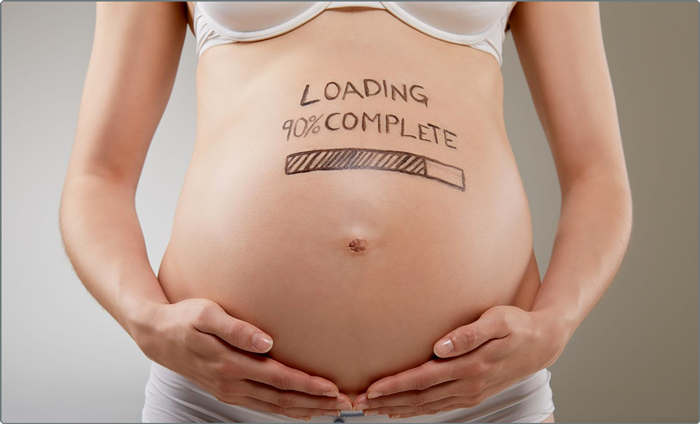Pregnancy care has made significant progress in recent years with the introduction of new technologies and prenatal management strategies. Most recent research has focused on improvements in fetal well-being monitoring, early detection of complications, and personalization of treatment. These innovations are revolutionizing care for pregnant women, increasing safety and well-being for both mother and baby.
One of the most significant developments is the use of artificial intelligence (AI) in prenatal ultrasound. New imaging systems, such as the Samsung Hera W10 Elite, equipped with artificial intelligence can automatically analyze ultrasound images, improving diagnostic accuracy. These devices can identify fetal abnormalities in a more timely manner than traditional techniques, enabling earlier and more targeted intervention. They also offer high-resolution images that allow physicians to monitor fetal development in greater detail.
Another advance is the use of noninvasive tests for genetic diagnosis. The circulating free fetal DNA test (NIPT), introduced in recent years, allows chromosomal abnormalities such as Down syndrome to be detected as early as 10 weeks of gestation, without any risk to the fetus. This test is spreading rapidly as an integral part of prenatal management, reducing the need for invasive techniques such as amniocentesis, which carries a risk of miscarriage.
Telemedicine is gaining ground in pregnancy management, especially in the wake of the COVID-19 pandemic. Virtual prenatal visits allow mothers-to-be to receive medical advice remotely, reducing the need for travel and minimizing the risk of exposure to infectious diseases. Telemedicine can also improve access to care for women who live in rural areas or have logistical difficulties in reaching health facilities.
Finally, attention to mental health during pregnancy is growing. Recent research highlights the importance of monitoring not only the mother’s physical health, but also her psychological well-being. Prenatal psychological support programs have been developed to help women manage pregnancy-related anxiety, depression, and stress, factors that can negatively affect both mother and baby. The integration of these programs into the prenatal pathway is critical to ensuring a healthy pregnancy and safe delivery.
Sources:
- American Journal of Obstetrics and Gynecology, 2023.
- British Medical Journal (BMJ), 2023.
- International Journal of Obstetrics & Gynecology, 2023.
- Nature Medicine, 2022.
- World Health Organization (WHO) – Guidelines for Prenatal Care, 2022.


